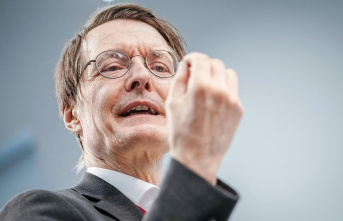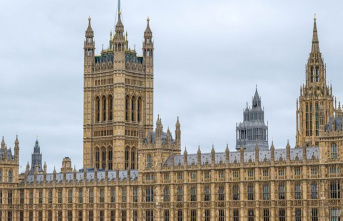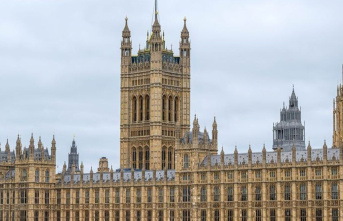The federal government prematurely stopped its gigabit funding for fast Internet this year due to a lack of money. Federal Transport Minister Volker Wissing (FDP) said in Berlin that the three billion euros in funding available for the expansion of the fiber optic network this year had been exhausted.
Bavaria and Hesse protested and accused the federal government of a lack of coordination with the states. The German Association of Cities also reacted with disappointment and warned the federal government to quickly continue the expansion of the fiber optic network.
Minister of Transport Wissing rated the great demand from the municipalities as proof of the great success of the support program. This is to be continued next year. "The federal freeze on gigabit funding is a fatal mistake," criticized Bavaria's Finance Minister Albert Füracker (CSU). The gigabit funding is intended for rural communities in which the expansion of the fiber optic network is not worthwhile for the private sector due to the high costs for telecom companies. A total of twelve billion euros are earmarked for this.
Germany has some catching up to do
Business associations and local politicians regularly complain that Germany has some catching up to do when it comes to fast internet in rural areas. The aim of the gigabit program is a nationwide high-speed network for all households, companies, schools and hospitals in Germany. "The funding freeze hits us hard and comes unexpectedly," complained Hesse's Digital Minister Kristina Sinemus (CDU). "The insufficient exchange between the federal and state governments and the resulting lack of coordination has led to this fatal situation," the CDU politician accused the Berlin ministry.
City Day General Manager Helmut Dedy called this year's funding freeze a "dampener" and called for the new program to start on time from January 2023. "The federal government must under no circumstances give up its goal of rolling out a nationwide fiber optic network throughout Germany by 2030."
CSU boss Markus Söder accused the federal government of setting the wrong priorities: "Taking out 300 billion in debt and not having a cent left for gigabit funding is simply a completely wrong signal for the country's future viability."
Bavaria and other countries depend on grants
Bavaria is the largest federal state in terms of area, with a comparatively low population density in the countryside. Rural communities in other non-city states are also dependent on the grants. According to the Federal Ministry of Transport, the new funding program should start in 2023 as early as possible.
The Federal Association of Broadband Communication (Breko) called for a better prioritization of which communities need grants and which do not. "Subsidies should therefore only be used in underserved areas without economic expansion potential, such as the so-called white or light gray areas," said Sven Knapp, head of the Berlin Breko office. Many operators of telecommunications networks are members of the association.












